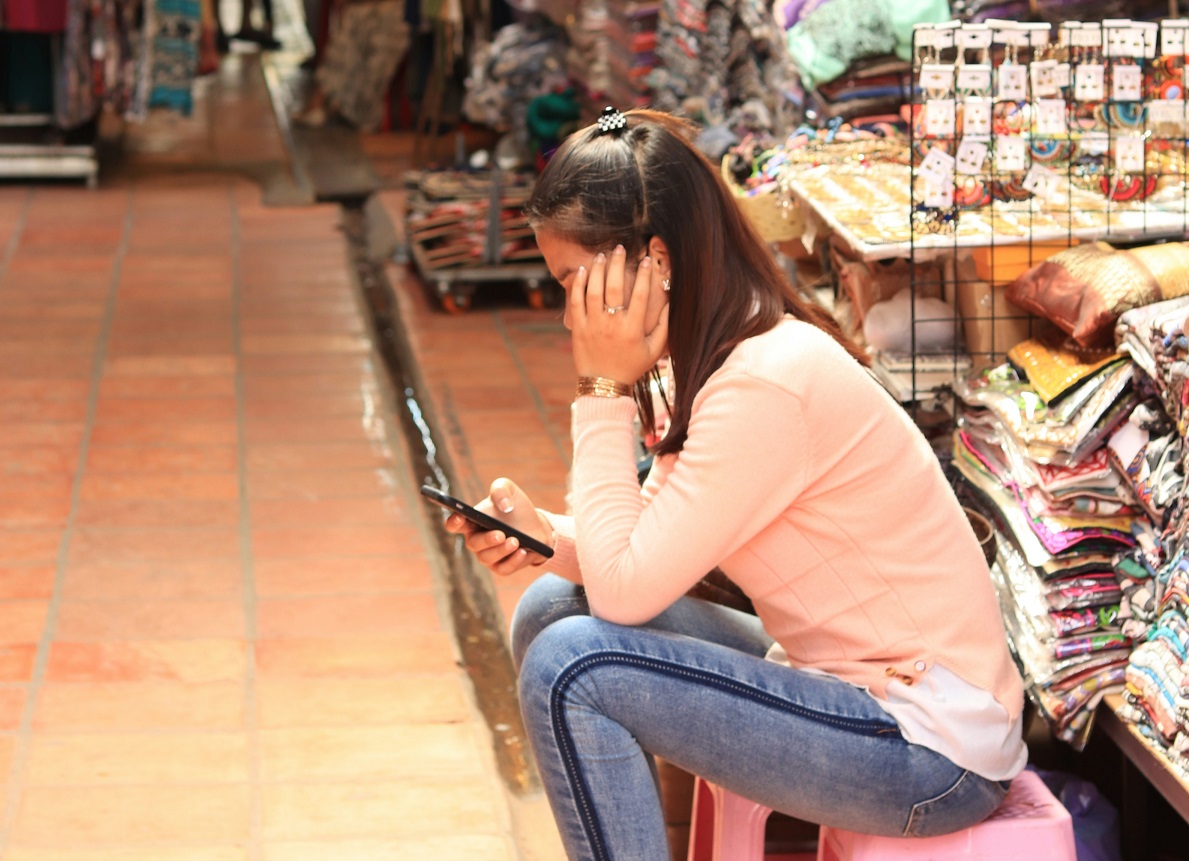Consumer protection, Phnom Penh's 'black hole'
Cambodia is one of the few Southeast Asian countries without a consumer protection association. David Hutt, researcher at the Central European Institute of Asian Studies, "The authoritarian political system, which isn’t about to open up, has denied space for ordinary people to express themselves as citizens. The next best thing would be to empower them as consumers."
Phnom Penh (AsiaNews/Agencies) - “Without consumer protection associations,there will be an imbalance of bargaining power between consumers, and producers and sellers of products and services. As a result, consumers’ rights are not fully protected" dennounces Consumers International in its latest report. Despite the crackdown on every political opposition force imposed by the Cambodian People's Party (CPP), in power since 1979, Cambodia has a lively presence of non-governmental organizations (NGOs) active in many fields.
There has never been one, however, that specifically represents the interests of Cambodian citizen-consumers, as happens in all other South-East Asian countries. And this despite the significant growth recorded in consumption in recent years.
According to World Bank data, household spending in the country rose to 18.1 billion dollars in 2021, compared to around 10 in 2011 and only 3.3 in 2001. The international body predicts that the Cambodian e-commerce will increase in value to reach 1.78 billion dollars in 2025, more than double what it was worth in 2020.
Yet for David Hutt, researcher at the Central European Institute of Asian Studies (Ceias) "there are strong concerns on the quality of the products sold, especially by traders on social media. It is no coincidence that Cambodia has earned an international reputation as a 'scam state' for cases originating from there."
Hun Manet, who succeeded his father as prime minister last August, presents himself as a friend of the country's new entrepreneurial class and of the foreign companies that have opened their factories here. His government has spent months preparing for the first Government-Private Sector Forum in November, during which Hun Manet underlined its intention to foster the development of the private sector in Cambodia.
Cambodia only adopted a consumer protection law in November 2019, followed by a national consumer protection program from the Ministry of Commerce only last year. Every action, however, currently remains on paper: a report published at the end of the year by the Konrad-Adenauer-Stiftung agency underlines that "the effective implementation of the consumer protection law is questionable".
“Civil society and NGOs – adds Hutt – should urge and support the creation of consumer associations in different sectors to guarantee consumers' rights to safety, information, choice and compensation”.
There are examples of this throughout Southeast Asia. One is that of the Consumers Association of Singapore, a non-governmental and non-profit organization that operates online comparators that provide consumers with information on the prices charged by companies for daily needs and energy. There are also the cases of the Federation of Malaysian Consumer Associations, the Myanmar Consumers Union and a Consumer Protection and Welfare Coalition in the Philippines.
A globally recognized “Cambodia Consumers Association” would be a welcome addition to the public sphere and, with the right funding, including from foreign donors, could play the same roles as its Singaporean counterpart,” explains Hutt.
He adds: “One sector to start from could be the tax sector. In 2013, national tax revenue amounted to just 0 million, or about per capita. By 2022, it had risen to .45 billion, or 6 per capita. Therefore, in recent years the majority of Cambodians have become taxpayers and also 'consumers of public services'. One case is that of the National Social Security Fund which has expanded rapidly and Hu Manet promises to make it grow further. State spending has increased from 9 million (13% of GDP) in 2013 to .9 billion (27% of GDP) in 2022. Yet there is no Cambodia Taxpayers Alliance.”
The intent is to put pressure on the government to increase transparency about state revenues and expenditures, as well as to engage in a public debate on the best use of money. Another important NGO for the rights of Cambodians would be a “Microfinance Borrowers Association”, which would represent the interests of tens of thousands of families: "Microfinance debt now stands at around billion and allegations of improper practices by creditors are widespread, given that Cambodia is one of the most indebted countries in Asia. According to the World Bank's East Asia and Pacific Economic Update, domestic credit to the private sector amounted to 182% of GDP, the highest among Southeast Asian countries, yet are still no groups that fight on behalf of debtors."
Starting from areas like these, the CPP government “would struggle to hinder NGOs, claiming that consumer groups promote a revolution since the aim of these associations would be to improve the economy and make businesses responsible. The authoritarian political system - concludes Hutt -, which has no intention of opening up, has denied ordinary people the space to express themselves as citizens. The best thing would be to empower them as consumers.”
12/02/2016 15:14







.png)










